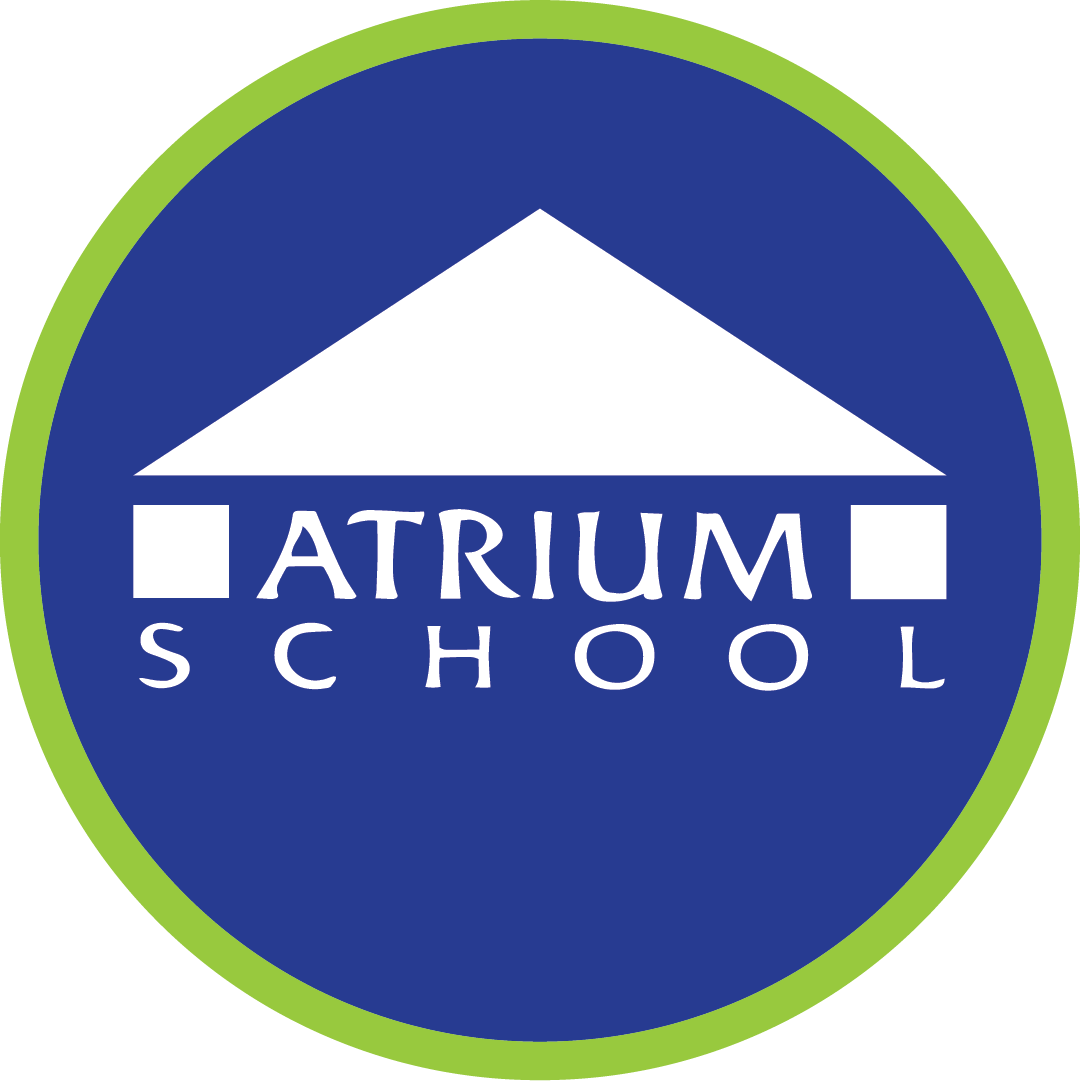Mission, Philosophy and Diversity
Our Mission
Atrium School’s joyful community honors and empowers each learner’s innate excellence. Through explorations of complex problems and the celebration of wonder, our PreK – Grade 8 students grow a sense of self rooted in curiosity and the continual pursuit of learning. Students are challenged to deepen their confidence, discover passions, and demonstrate integrity within and beyond the school.
Our Philosophy
At Atrium, an emphasis on collaborative, balanced, hands-on curriculum enables students from elementary to middle school to gain and exercise critical thinking and problem-solving skills across multiple curricular areas. Students develop strategies that nourish their intellectual, emotional, social, and physical self-confidence and growth. In all of their interactions and studies, Atrium students are given time to question, explore, experiment, and reflect both independently and cooperatively.
We encourage children to build on their distinct experiences. Each child engages in a process of discovery that recognizes and references their uniqueness within a community of learners. This process fosters responsibility for one’s own development, promotes self-knowledge and a sense of independence and self-reliance within the context of a group.
Community is a powerful and pervasive force at Atrium. Respect for each individual within a group and each individual’s membership in the community defines the essence of interaction at the school. Teachers, families, and administrators work to meet the evolving needs of children. Together they form a partnership of mentors, collaborators, and allies who guide children to think and act responsibly.
How We Think About Diversity
At Atrium, diversity is seen as a positive aspect of our lives and an essential aspect of education. The children, staff, parents, board members, and friends of the school recognize the fact that diversity exists in the languages we speak, the colors of our skin, the gender and age we are, the traditions we observe, the structures of our families, the financial and educational resources in our families, and the special needs we may have. We believe that our separate heritages, beliefs, and choices of expression help to define us as individuals, and that our commitment to learning about one another and the larger world unites us as a community. Differences of all kinds are acknowledged and explored with enthusiasm and respect.
Atrium assumes an ongoing responsibility to act as part of a larger community. In our recruitment practices for both families and faculty, we strive to create a community whose membership reflects the diversity inherent in the greater Boston area, as well as in the world. In our curriculum, such topics as race, ethnicity, family structure, gender, religion, physical attributes, sexual orientation, and economic differences are introduced and studied in ways that are developmentally appropriate. In our assemblies, special events, guest lectures, and extra-curricular activities, we work to further our commitment to diversity.
We view the family as the primary source of traditions, celebrations, and values for children, and the role of the school to affirm the distinct identity of each individual, and to help children appreciate their own identities and those of others. We believe that the experience of a Atrium's progressive education model will enable children to value themselves while preparing them to participate with pride and confidence in a rich, complex society. We recognize that working to provide such an experience requires dedication and an ongoing commitment of time, energy, and resources.
Founded on the principle of respect, Atrium School is an innovative and collaborative place where children can listen, question, challenge, probe, and thereby make sense of their world. When children graduate from our independent school, we hope they will carry with them a strong sense of their identity, a willingness to see the common threads which run through all our lives, and a high regard for the value and breadth of differences.


